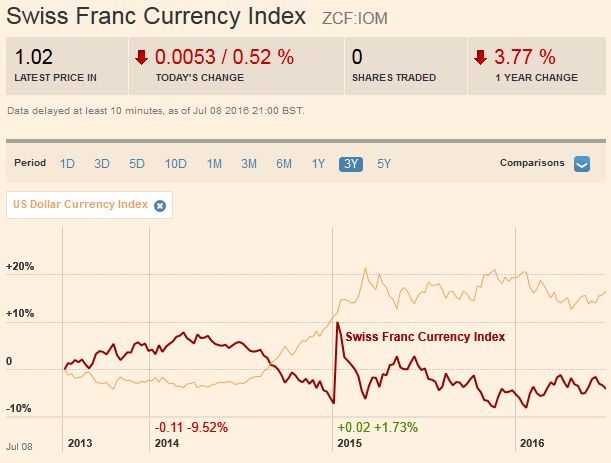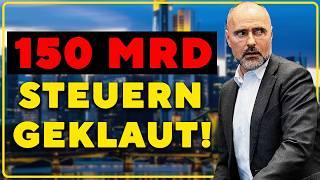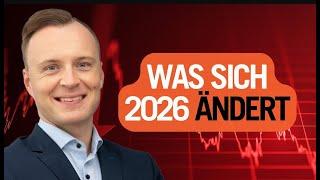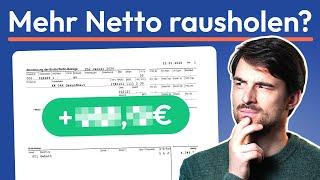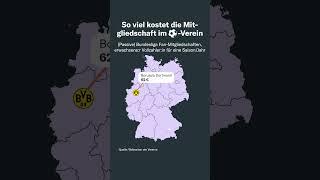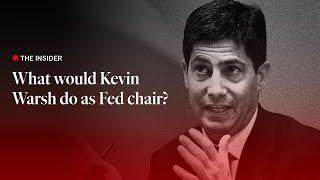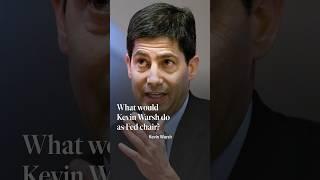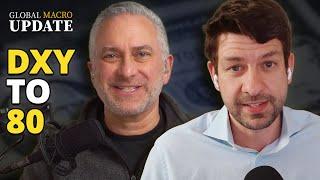| The Euro at 20 – Macroeconomic Challenges PLENARY SESSION II: MACROECONOMIC POLICIES IN A MONETARY UNION Chair: Torsten Niechoj, Rhine-Waal University of Applied Sciences Fiscal policies in a monetary union (Gennaro Zezza, University of Cassino) The Monetary Policy of the ECB since1999: Failure or Success (Peter Bofinger, Würzburg University) Three blindspots in Euroarea Macrofinance: a shadow banking view (Daniela Gabor, University of the West of England) 2019 marks the 20th anniversary of the introduction of the Euro, replacing 11 national currencies. The two decades have been characterised by geographical extension to nowadays 19 countries, a modest increase in the Euro’s international role, but also by the build-up of unsustainable imbalances, and a long and deep economic and political crisis specific to many countries sharing the common currency. In response, substantial reforms have been undertaken without, though, resolving a number of key economic governance weaknesses. Since even before its birth the euro has been a subject of controversial debate amongst economists of all schools. That debate has only intensified since the crisis. Now emerging into “adulthood”, serious questions remain. Is the common currency sustainable in something like its present form? What economic policies are feasible within the current framework? What crucial reforms need to be pushed through? Can a path back to national currencies be trodden while avoiding a major crisis? |
Tags:












